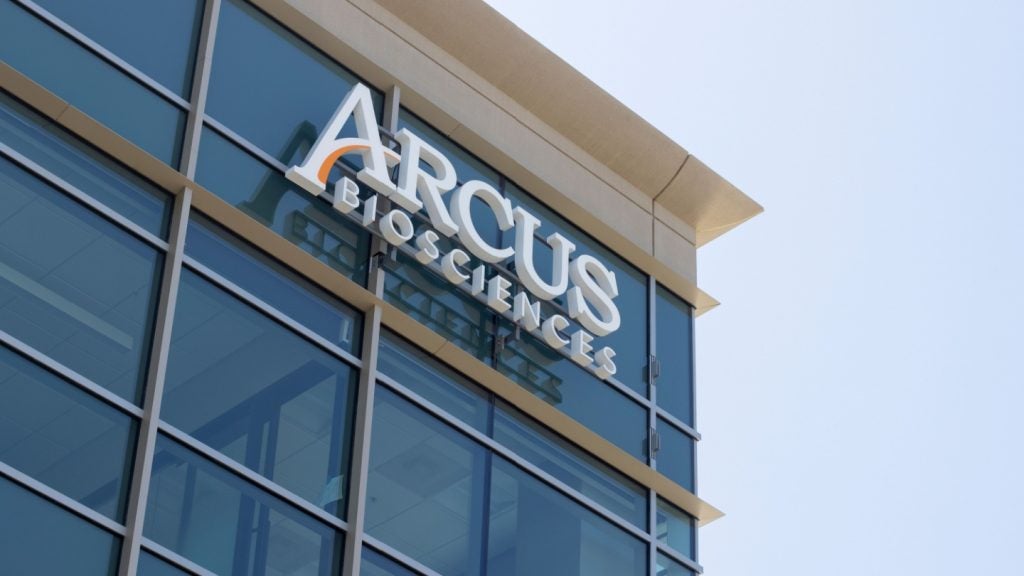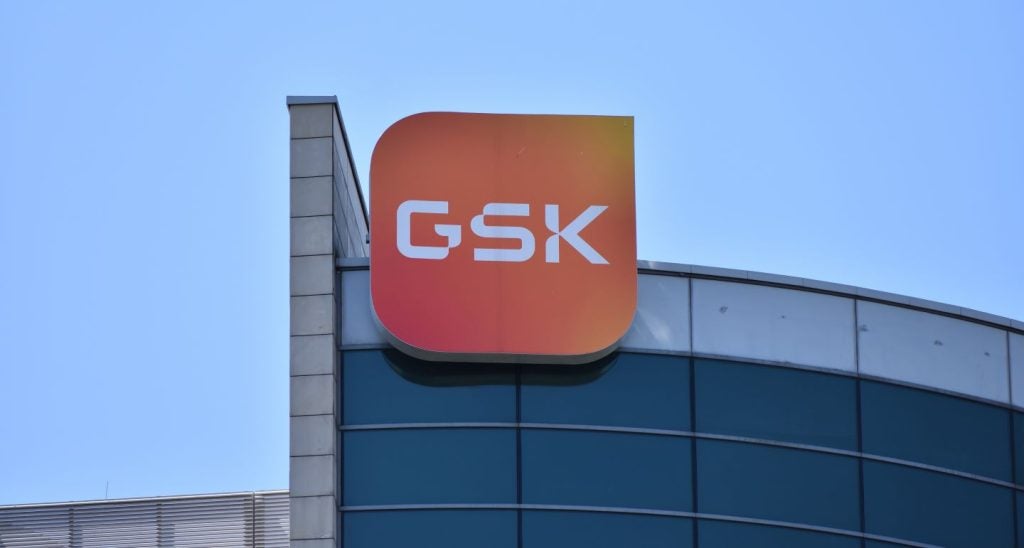The US Food and Drug Administration (FDA) is set to decide on whether to approve Soleno Therapeutics’ lead therapy, diazoxide choline (DCCR), for treating hyperphagia associated with Prader-Willi syndrome, a rare genetic disorder.
The regulatory agency has accepted the new drug application (NDA) for DCCR and has granted it priority review status. The priority status allows for various privileges including a faster approval process of six months, compared to the usual ten months.
The FDA has also set a Prescription Drug User Fee Act (PDUFA) target action date of 27 December 2024.
The agency has also announced its intention to hold an advisory committee (AdComm) meeting to “discuss the application for DCCR”. An AdComm is convened upon request of the FDA to review and evaluate the safety and efficacy data of a therapy. While the AdComm recommendations can affect a therapy's FDA approval, its recommendations are non-binding, and the final decision is made by the FDA.
The news also resulted in a modest increase in Soleno’s stock price; it was up by 6.3% when markets closed on 27 August after the news was released compared to the previous day. The company’s market cap currently stands at $1.9bn.
DCCR is an extended-release tablet containing a crystalline salt formulation of diazoxide, an activator of the adenosine triphosphate (ATP)-sensitive potassium (KATP) channel. These channels are present in a variety of cells including pancreatic β cells, and adipocytes. The regulation of these cells can help manage hyperphagia, an excessive desire to eat, which is a hallmark of Prader-Willi syndrome.
Soleno’s NDA is supported by data from five studies; a Phase I trial in healthy volunteers, three Phase II trials, and a Phase III trial. The placebo-controlled open-label Phase III DESTINY PWS study (NCT03440814) enrolled 125 participants with Prader-Willi syndrome aged four years or younger.
After a year of follow-up, the trial met its primary endpoint by demonstrating significant improvements in the Hyperphagia Questionnaire for Clinical Trials (HQ-CT) score. Greater improvements in HQ-CT scores were seen in patients with more severe baseline hyperphagia, with an HQ-CT score of over 22. Patients on DCCR also observed reductions in leptin, insulin, and insulin resistance, along with an increase in adiponectin.
Soleno is also evaluating DCCR as a treatment for paediatric patients with genetic obesities, including SH2B1 deficiency obesity, obesity associated with PCSK1 mutation (rs6232 variant), and SIM1 deficiency obesity. The open-label Phase II trial (NCT05532020) is expected to enrol approximately 30 patients aged five years or younger suffering from either of the three genetic obesity disorders.















